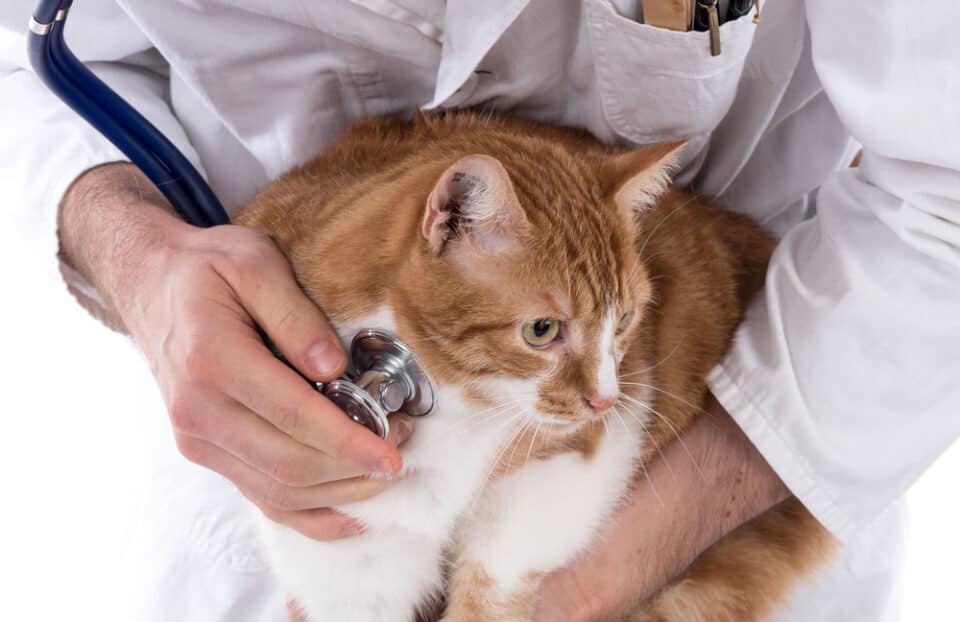If you’re new to cat ownership, you might be startled to learn that health issues are very prevalent. Health issues are unavoidable no matter what breed of cat you own. Some may be inherited, while others can be readily avoided.
Worms
Worms are a common and recurring problem for cats of all breeds. Cats are commonly infected with tapeworms, roundworms, and hookworms. If your cat is having trouble gaining weight, has fleas, or has white flecks in his feces, you should have him tested for worms. Despite the fact that worms can be treated with medicine, they can be lethal if left untreated.
Hairballs
Hairballs are the most prevalent health issue that cats face. All cats groom themselves on a daily basis, with the stray hair from their coats being swallowed. This loose hair will occasionally clump into a ball and become caught in your cat’s digestive tract, rather than passing through in his stool. Normally, when your cat coughs and hacks, he is coughing up a hairball. Despite the fact that it can be unpleasant in the end, most cats can easily dislodge hairballs.
Urinary tract infection
Urinary tract infection is also a common health problem with cats. Urinary tract infection is more common with male cats that haven’t been neutered, although females can suffer from this problem as well. When a cat suddenly stops going to his litter box, this problem is normally the cause. Another symptom is when the cat’s urine starts to smell really strong. If you suspect that your cat has a urinary tract infection, you should take him to the vet. Your vet can treat the problem with medicine, and make recommendations to help avoid this problem in the future.
Feline leukemia
In the past, feline leukemia was the biggest cause of death in cats. These days however, there are vaccines available that can treat the disease. To treat the disease, your cat will need to be given the shot before he or she is exposed. Even though death doesn’t happen immediately, cats that are exposed to feline leukemia normally don’t have a long life span. If you know your cat has feline leukemia, you should never allow other cats around him, as the virus is highly contagious.
To protect your cat, you should always make sure that you take him to the vet for his regular check ups. If you keep him up to date on his vaccinations, he should lead a healthy and productive life. Although some health problems can’t be avoided, most of them can. You can also keep your cat indoors as well, which will protect him from a majority of health problems. If your cat is an outdoor cat, regular visits to the vet will keep him healthy. As long as you take your cat to the vet and keep him healthy – he will be your companion for years to come.

